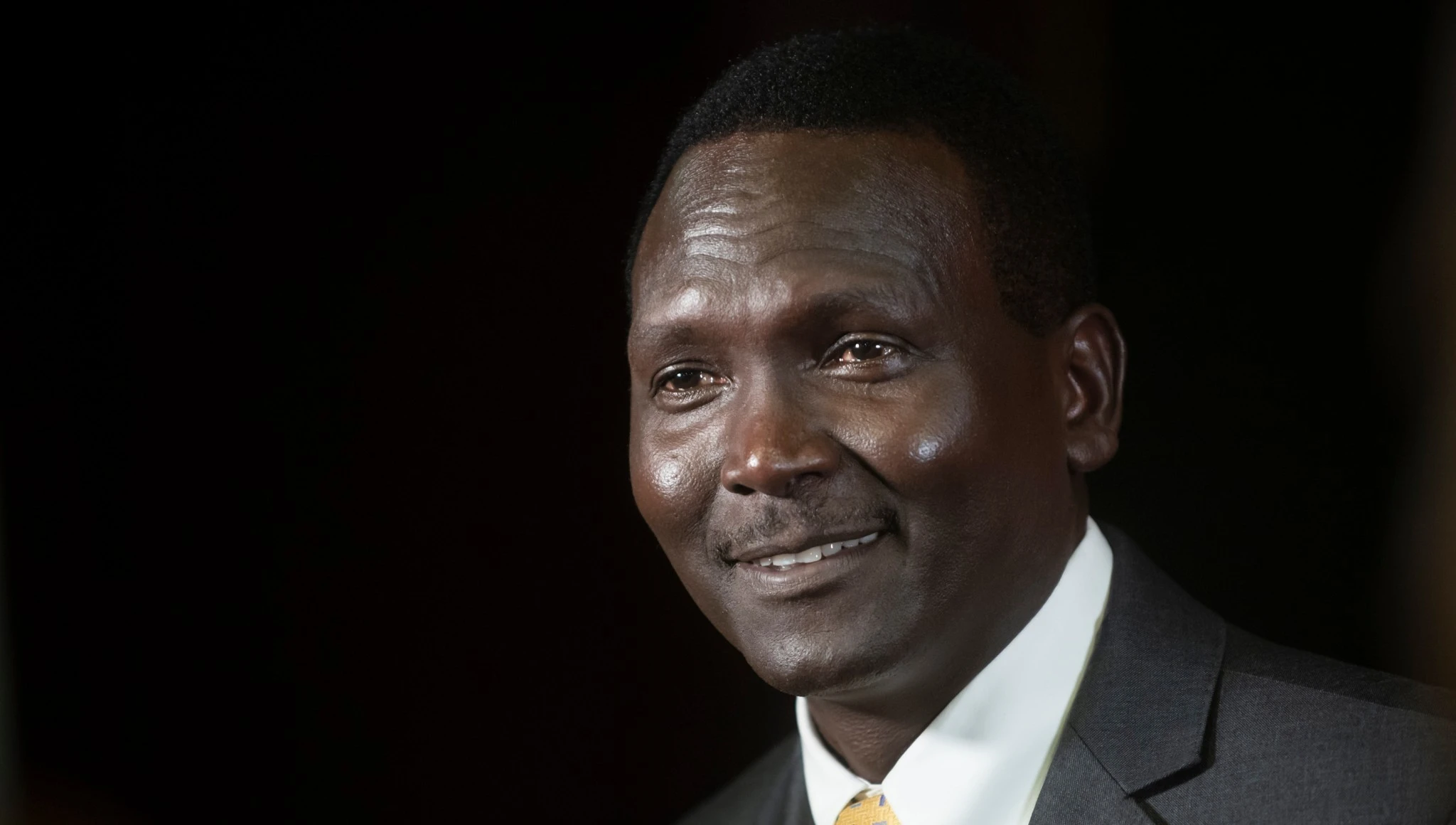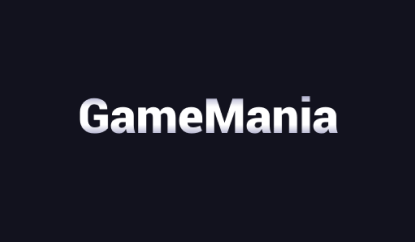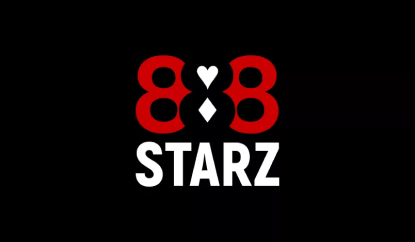The Kenyan sporting landscape was thrown into disarray as the NOC-K elections controversy erupted, thrusting governance, leadership and integrity in sport into the national spotlight. With the deluge of legal disputes, anxieties, and federation wrangles, what should have been a celebration of democratic transition has instead become a tale rich in human drama, legal battlegrounds and the struggle for fair play.
The abrupt halt that shocked Kenyan sports
Few moments in recent memory have so thoroughly captured the tension that simmers beneath the surface of Kenyan sports administration as the last-minute suspension of the National Olympic Committee of Kenya (NOC-K) elections. Scheduled for April 24, 2025, the elections seemed set to usher in a new era of leadership, with outgoing president Paul Tergat stepping down after two successful terms. But, in a move that stunned delegates, candidates, and observers alike, the Sports Dispute Tribunal (SDT) intervened on April 23, ordering an immediate halt just hours before voting was to begin due to disputes over delegate eligibility.
Petitions, tribunals and a web of legal battles
At the core of the crisis is a complex legal web. Fourteen federations, among them powerful bodies such as Athletics Kenya, Kenya Volleyball Federation, and Kenya Rugby Union, joined forces to file a petition questioning the eligibility of several delegates from a rival camp. This challenge, brought to the SDT, centered on conflicting interpretations of the NOC-K Constitution and the 2025 Election Rules and Regulations. Acting SDT chairperson Njeri Onyango’s temporary injunction brought the full election agenda to a standstill pending a comprehensive tribunal hearing.
But this was no routine administrative dispute. The days leading up to the elections saw the halls of sporting power in Kenya filled with an intensity usually reserved for the championship finals—rival camps conducted vigorous campaigns, while mutual accusations of underhand methods, including allegations of bribery to sway delegates, flew across the divide, reflecting the stakes at play in controlling the nation’s Olympic destiny.
Questions of fair play and eligibility
The real battleground lay in the specifics of the nomination and voting process:
- First, the 2025 Elections Rules and Regulations, closely echoing the NOC-K Constitution, dictate that each federation is represented by two delegates—either the President or Secretary General being the all-important voting delegate,
- Second, confusion and loopholes in both documents meant it was far from clear which official could legitimately cast a vote in federations riven by leadership disputes,
- And finally, the nominations for candidates required signatures, appointments and supporting documentation that had to be precisely in order, highlighting any procedural misstep or ambiguity.
This confusion fed directly into eligibility challenges. For example, Andrew Mudibo, president of the Kenya Table Tennis Federation (also a candidate for NOC-K secretary general), formally petitioned the Independent Electoral and Boundaries Commission (IEBC) to disqualify four prominent candidates—including current secretary general Francis Mutuku and outgoing treasurer Anthony Kariuki—citing violations of clause 17.3 of the NOC-K Constitution, such as being seconded by non-voting delegates.
The IEBC’s response was itself a reflection of the chaos. As returning officer Muthee Gakuru clarified, the constantly evolving delegate list and voters’ status left many technicalities unresolved—to the frustration of candidates and federations alike. The result was a rare show of unity, if only in mutual frustration, among federations who felt their sporting fate was being decided not by performance on or off the field, but by boardroom gambits and legal wrangling.
| CASINO | BONUS | INFO | RATING | |
|---|---|---|---|---|
|
bonus
Refer friends, win cash prizes!
|
info
BK 0000672 PG 0000412 Mobile-friendly |
|||
|
bonus
Kilibet points
See 11 Bonuses
|
info
BK 0000685 PG 0000462 No deposit welcome bonus, variety of casino games |
|||
|
bonus
Deposit KES 147 for up to KES 14,745 bonus + spins!
See 10 Bonuses
|
info
BK 0000683 Industry-leading software providers, over 30 casino games, BCLB license |
|||
|
bonus
Claim 1 free spin for signing up, win up to KSH 1,000!
See 3 Bonuses
|
info
PG 0000422 Games from top providers, rewarding welcome bonus & VIP program |
Leadership in limbo and the struggle within federations
The uncertainty left the leadership race—for which only the first vice president Shadrack Maluki (Kenya Judo Federation President) and secretary general Francis Mutuku remained as presidential candidates—suspended in limbo. Underneath this stalemate runs a current of personal ambition, longstanding rivalries, and the vision each camp has for the future of Kenyan sport. Each candidate, supported by a constellation of fellow officials and federations, has worked tirelessly, rallying support at every occasion, and, in the process, highlighting the strengths and divisions within the sporting fraternity.
The federations themselves have not been spared from intrigue. Wrangles over who should wield the all-important voting right—sometimes the President, sometimes the Secretary General—have spilled over, with notable examples:
- Kenya Rugby Union’s chairman Sasha Mutai and secretary general Ray Olendo finding themselves on opposite sides of the delegate-vote debate, complicating alliances within the NOC-K electoral process,
- Kenya Taekwondo Federation’s chairman Suleiman Sumba not seeing eye to eye with his secretary general, mirrored in skirmishes within the Triathlon Federation as well cubed.
These conflicts have vividly exposed the underlying structural weaknesses in the governance of national federations—weaknesses that, when stretched by the pressures of competitive elections, threaten to overshadow the athletes themselves.
The human drama at the heart of the controversy
Despite the technical and legal complexity of the NOC-K elections controversy, at its heart are stories of people—leaders, coaches, administrators, and those countless unseen volunteers who pour their energy into Kenyan sports. The anxiety, hope, and at times disillusionment among them reflect a universal truth about sport: it is never just about winning medals or gaining office—it’s also about trust, process, and the shared dream of elevating Kenyan athletes onto the world stage.
Even as the SDT moved to allow the Annual General Meeting to proceed without elections, there was palpable disappointment mingled with a sense of inevitability. Outgoing president Paul Tergat’s legacy and the paths forward for Maluki and Mutuku—as well as for figures like Barnaba Korir, a candidate for first vice president with a storied track record in athlete development—hang in the balance, emblematic of the wider consequences for the Olympic movement in Kenya.
What’s at stake for Kenyan sport?
Beyond the legal files and heated statements, the NOC-K elections hold profound significance for the future governance of sport in Kenya. The case before the SDT is not just about constitutional clauses or electoral procedure. It is about setting a precedent for transparency, accountability and unity in the administration of teams that represent Kenya on the world’s biggest stages. As the Tribunal is set to hear the matter and chart a path forward, the sporting fraternity waits with bated breath.
History has shown that great sporting nations are built not simply on talent, but on integrity and strong institutions. The ongoing struggle around the NOC-K elections is a test of character for everyone involved. It is a reminder that every sporting victory starts not on the track or field, but in the trust placed in leaders to act fairly, justly, and with the spirit of Olympism at heart.
A call for unity and renewal
For the athletes—the beating heart of Kenyan sports—the hope is that these challenging days will give rise to reforms that strengthen, not fracture, the community that supports them. As the courtroom drama unfolds and leaders vie to hold the Olympic dream in their hands, those who love sport in Kenya are left to reflect on a simple but powerful truth: fair play must begin at home, in the very structures that govern our beautiful game.










